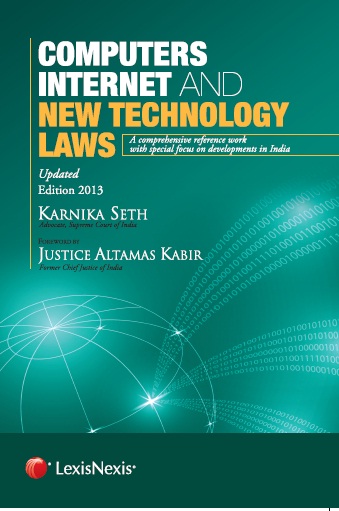Cyber Glossary
Cyberlaw dictionary is an alphabetical reference guide to technical and legal terms related to the Internet. The site you are now browsing contains over 500 definitions of words drawn from Standard Internet English including technical terms and their meanings. Our aim is to explain basic technical jargon of cyberspace to those who are not familiar with its jargon. We've given preference to terms that are widely used, like modem or bandwidth, and to those that describe new concepts specific to the Internet experience such as phishing or sexting.
RAM
(Random Access Memory) pronounced ramm, computer hardware that stores and accesses data as needed from any location within the memory on a short term basis. RAM holds needed information from the application currently running, allowing for quick access as it is called up. The data stored in RAM is cleared when the computer is shut down. There are two types of RAM. Dynamic RAM and Static RAM. (DRAM and SRAM) To facilitate its own functioning, DRAM requires an electrical charge, which is refreshed thousands of times each second while in use. While SRAM is faster because it doesn’t need to be refreshed, it is considerably more expensive than DRAM. Because of its higher speed, SRAM is often used for caching. RAM refers to a computer’s main memory as opposed to read-only memory (ROM), which contains necessary pre-recorded data used for booting the computer and other routine functions. see DRAM, SDRAM SRAM, ROM.














